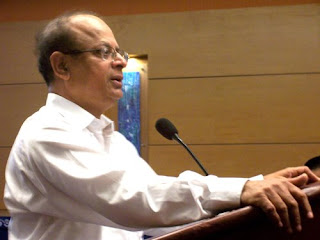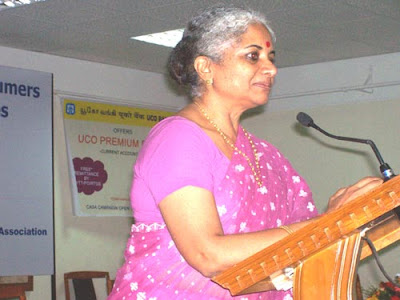Normally, around 10 percent of the school going children get dropped out from the sch ools in rural areas, for various reasons, and mainly due to poverty. Such children are being exploited as child labour and their talents get wasted. Every District Administration in
ools in rural areas, for various reasons, and mainly due to poverty. Such children are being exploited as child labour and their talents get wasted. Every District Administration in
In addition, Sarava Shikshya Abhyan, National child labour project and UNICEF also support the district administrations for sending these children back to school. Many such programmes are not implemented well due to lack of initiatives from many of the District Collectors across the country.
In this edition, we are bringing out an exclusive interview with Dr Santhosh Babu, IAS, presently the Managing Director of Electronic Corporation of Tamilnadu ELCOT. In his earlier assigned as District Collector of Krishnagiri district, he ws very successful in reducing the child labour and school drop outs to the extent of 95 to 97%. According to Dr Santhosh Babu, (i) identification and tracking of such children (ii) offering convergence package of schemes to such families would solve the problems for ever. They have also developed a new website www.back2school.in for this purpose.

He also brought e-governance initiatives in the district for improving the administration and to reduce the corruption. The initiative like ‘Rural BPOs’ was also hailed by the various media. He was honoured with the ‘Best Collector Award’ in 2007 by the Chief Minister of Tamilnadu. Indian Express also recognized him as one of the 5 ‘Pride of Tamilnadu’ in 2008. Data Quest honoured him with ‘e governance champion’ of
Please click to play to listen to his interview (20 m). The audio streaming will be smooth, if you have a broad band of minimum of 100 kbps. If the streaming is not smooth, please download the audio in mp3 format and then play..
You can also listen to this podcast in the following link
http://www.podbazaar.com/permalink/144115188075857340
To download - Right click this link and save to your desktop (18 mb)















































